‘CALL ME IF YOU GET LOST: The Estate Sale’ Review: Tyler, The Creator’s new era
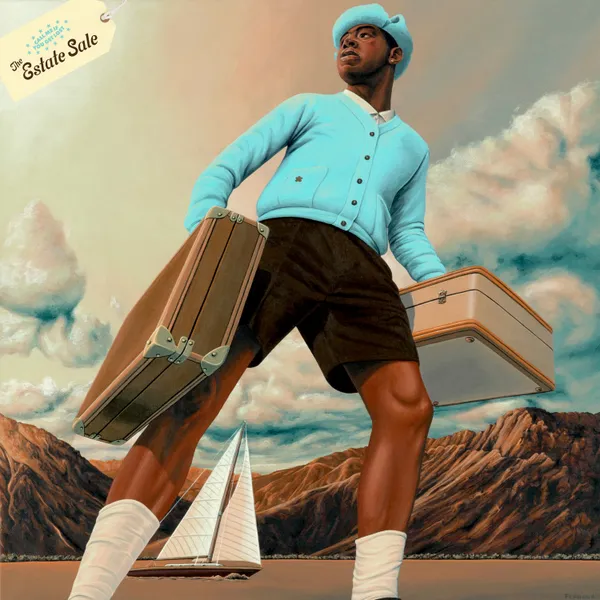
On March 31, Tyler the Creator dropped his deluxe album “CALL ME IF YOU GET LOST: The Estate Sale,” including seven new songs. All of Tyler’s albums tell a story where he plays a character (his alter egos) pertaining to his music. The original album focuses on him traveling, looking back and introspecting on his life and his relationship, connecting to his last few albums.
In his Portland Show, Tyler explains “Call Me If You Get Lost” doesn’t mean to call him when you don’t know what to do, but instead call “me” when you get lost in the world doing your business finding yourself. For some background, before speaking of the deluxe part, this album is him noticing how much his life has changed due to his rap career and his friends, so he decides to brag about what’s important to him.
“Thank you, thank you, thank you, thank you.”
The first song of the deluxe track, “EVERYTHING MUST GO” discusses the time after the “CMIYGL” album was released, such as when he went on his arena tour and won his second Grammy. Altogether, this track is a way to say goodbye to his “CMIYGL” era and transition into a new one.
“Show you how to stunt (Hahaha), show you how to stunt.”
Coming into his new era, the next song is “STUNTMAN.” In this, Tyler is rapping to a group of rappers that aren’t actually friends but pretend that they are hinting at the song title. Essentially, this group of people would be the equivalent of high school “cool kids” in how they act like they are but aren’t. Tyler in this song is saying that he is not one of them at all and that they’re fake.
This is also stated in the fifth verse where he’s dissing them with the format of “How you ______ but ______.” This is him calling out rappers for their hypocrisy and being insecure yet fronting with an act of being on top of everyone else. Tyler closes this song by saying “See y’all the gay ones,” because he himself is gay, and “I’ma mind my business like it’s explosives gettin’ tossed,” which means he would notice it yet would rather stay away and do his own thing.
“I got a pain in my chest, that’s from suppressin’ the stress.”
The music in “WHAT A DAY” is of a softer tone. His singing represents his tiredness, along with the title being “WHAT A DAY” describing what a day he had. Tyler sings about his exhaustion from being a workaholic and everything he does. This song is being told as if it’s a conversation with people believing he has a nice life. In the second verse, he talks about the things he wouldn’t want that most rappers have. This goes in with “STUNTMAN” on how it was the perspective of the rappers, but this song is from his perspective.
“I want you to come get lost with me.”
“WHARF TALK” has a soft tone but is a little bit more upbeat than “What A Day.” Tyler seems to be on a date with his partner, head over heels. He starts praising them for their beauty, what he’d do for them and how much he wants them to be together forever. This ties in with his album “Igor” with his obsessive love; however, Tyler talks more maturely instead of in a raging tone, showing how much he’s grown as a person. This song is also Tyler asking if they would “get lost with him,” which means if they would go out into the world finding themselves and doing everything together.
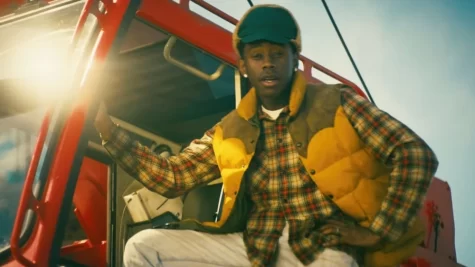
“If you don’t know my grandma name, then we ain’t really dogs.”
“DOGTOOTH” has a theme of not being on the same level as other rappers. This is because he has different aesthetics than that of others, with his characters and different melodies instead of following the same flow as the majority of rappers. This goes back into both “WHAT A DAY” and “STUNTMAN.”
Tyler has a repeated line throughout the song — “If you don’t know my grandma’s name then we ain’t really dogs” — saying to not act as if you know him when you don’t. The first verse talks about how different he is from other rappers, going back to “WHAT A DAY,” where he doesn’t get expensive materialistic items. In short, it is as if he’s engaging with other rappers that think they’re on the same level as Tyler, but really, he is way ahead.
“Everything is mwah, that’s heaven for a God.”
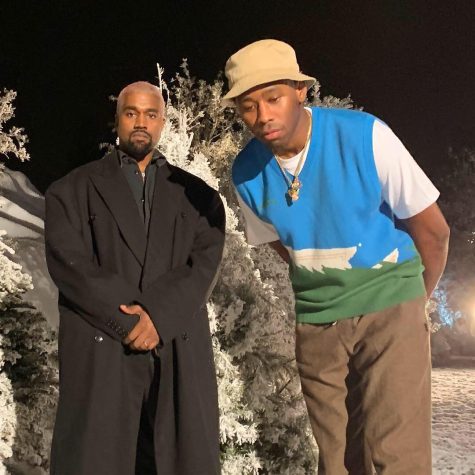
In most of his music, Tyler talks about his past. However, in “HEAVEN TO ME” he talks about his future. He talks about all the fun things he has, what he wants in the future with his mom and future family. He pictures a family he wants, including a happy wife and son. This seems to be what Tyler Okoma dreams of instead of Tyler Bodelier, who are both alter egos of Tyler himself. This sounds like a sequel to his song in the “Flower Boy” album, “September,” and also hints at his other album “Igor.”
“You should be my boyfriend, girlfriend.”
“BOYFRIEND, GIRLFRIEND” goes into Tyler’s bisexuality and dreams with his partner in the future. He starts on a ramble about how much he wants them to be together and spend the rest of their life together. However, it seems unhealthy, due to the almost-obsession and how hard he’s begging. This could go into his past relationships in other albums where he’s in a toxic relationship, but now, he is trying to get out of this mindset.
“Sorry you don’t know me on a personal level to pinpoint what it is.”
“SORRY NOT SORRY” is a sarcastic way to say sorry when you’re really not. Tyler in this song is apologizing for his past self. His alter egos from his past albums start talking about everything they did. Tyler Bodelier apologizes for being out of touch, Bastard for being naive, Tyler for not bringing everyone up with him, Flowerboy for damaging his past relationships and Goblin doesn’t actually apologize but gives bad advice. Here, we see a new Tyler come up, and he starts apologizing for not seeing his family. This new Tyler seems to represent his true self and starts killing the other alter egos. This is him saying he’s sorry for the past stages of his life, but what is he supposed to do about it? So, sorry not sorry.
Tyler is able to represent his albums in an artistic self-aware way. He is able to make a storyline, having the listener dive deep into not only his lyrics, but also his choice of melody. Along with this, he connects it back to his other albums, and all throughout, we get to see his self-growth.
Overall, I believe this album was a great way to express his problems and dreams in his life and also reflect on his past. The storyline going on makes it intriguing to the audience and personally makes me want to know what the next album is going to be.
Your donation will support the student journalists of Carnegie Vanguard High School. Your contribution will allow us to cover our annual website hosting costs and fund field trips, competition fees, and equipment. We appreciate your support!


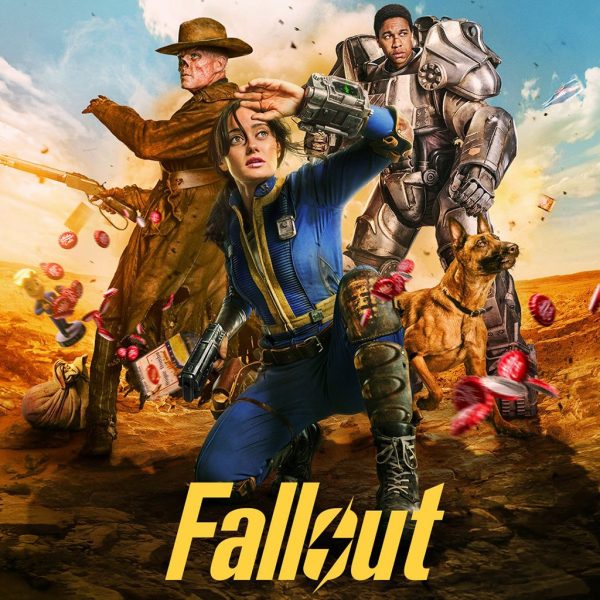


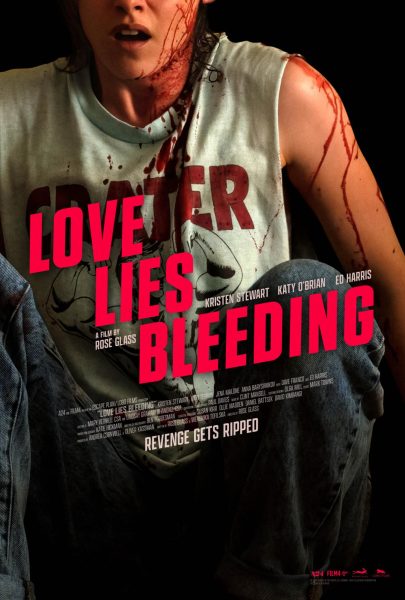
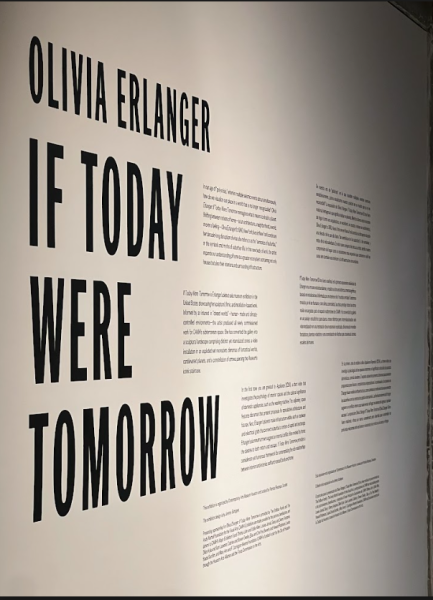
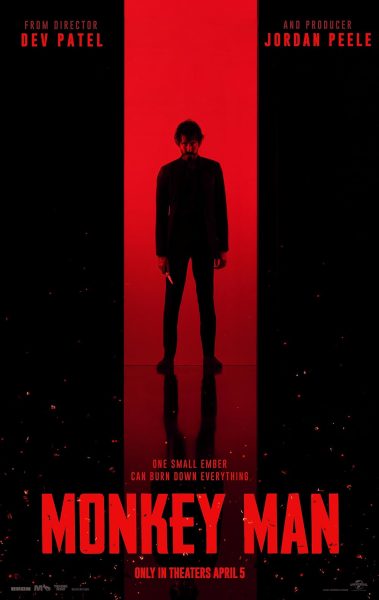
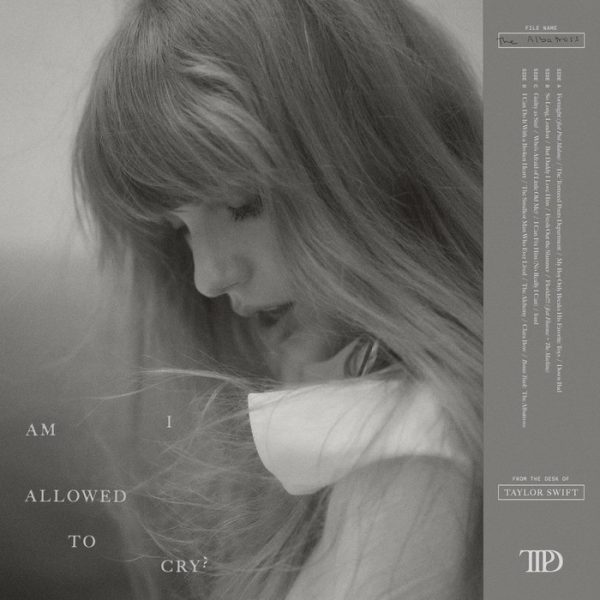


Nadia Talanker • Apr 27, 2023 at 9:45 am
Using lyrics from each song was a really creative way to not only transition between them, but also for readers who may not have heard CMIYGL or even Tyler, the Creator to get a feel for his style and music. I was really happy with this album and Tyler’s philosophy behind each track, resulting in me replaying it a good number of times. I agreed with a lot of your points. I hope you continue to analyze music, and perhaps you can talk more about each song musically in the future.
Overall this was a really good article!! Good job!